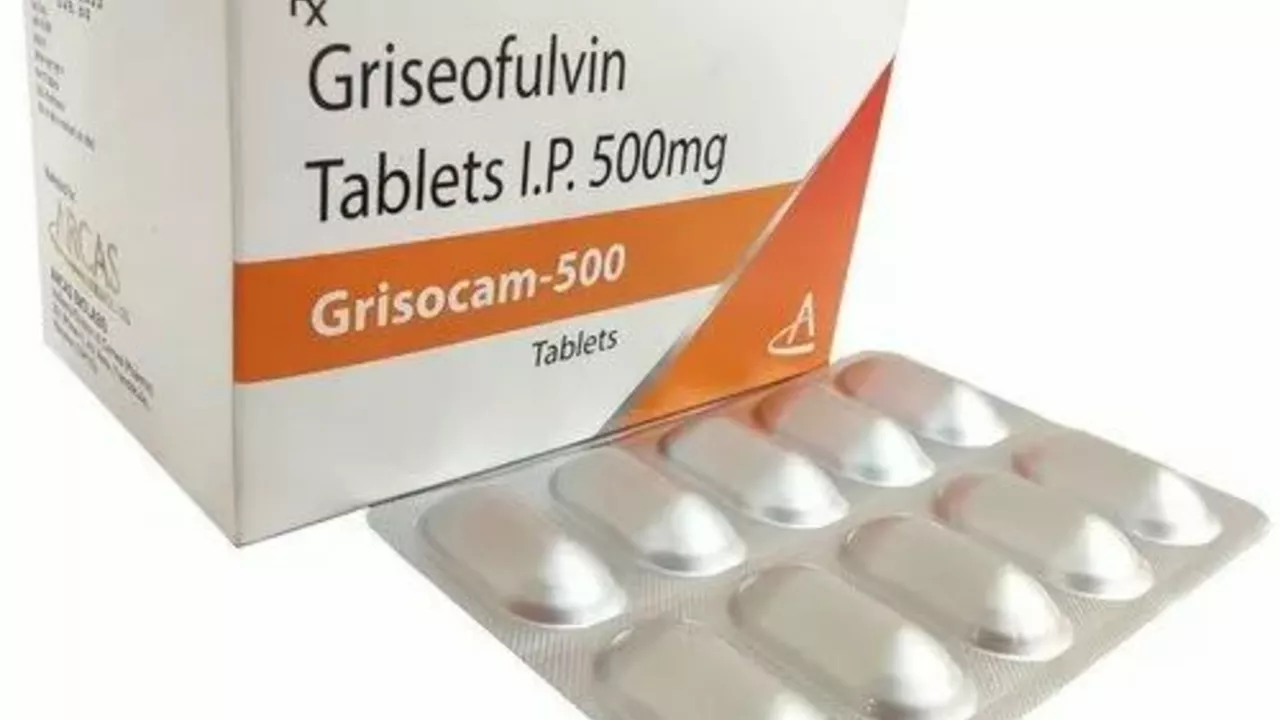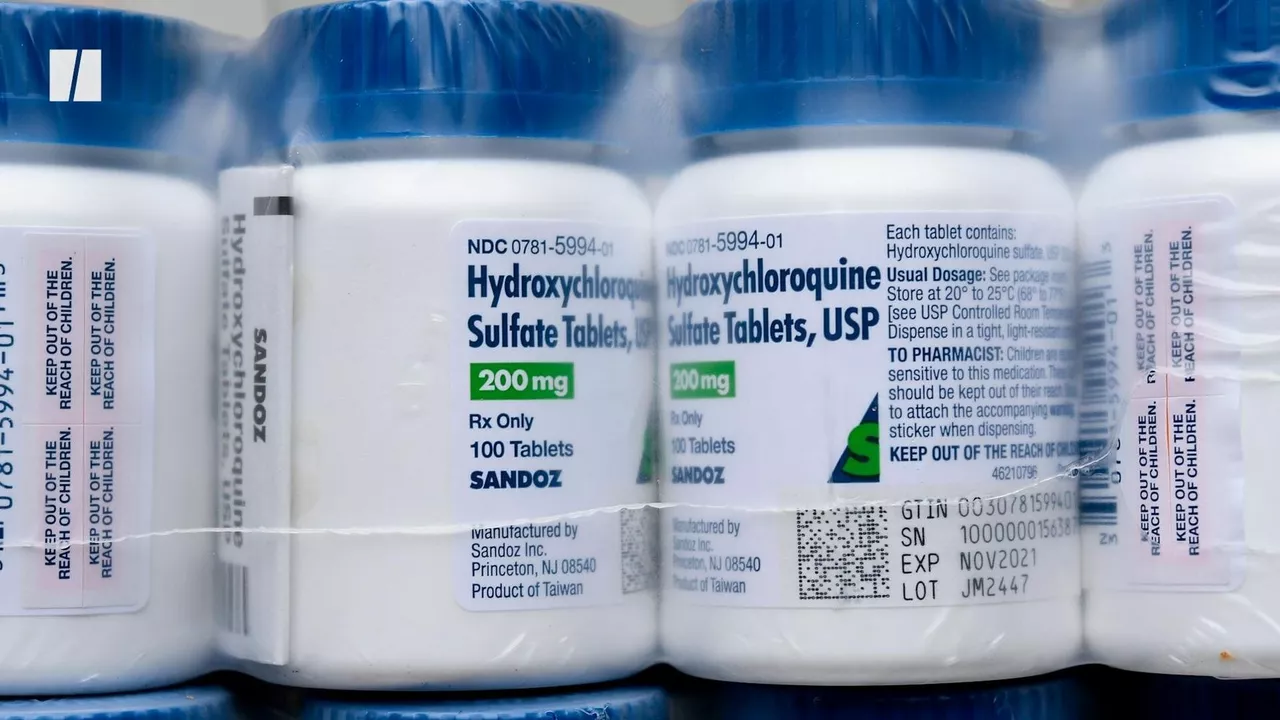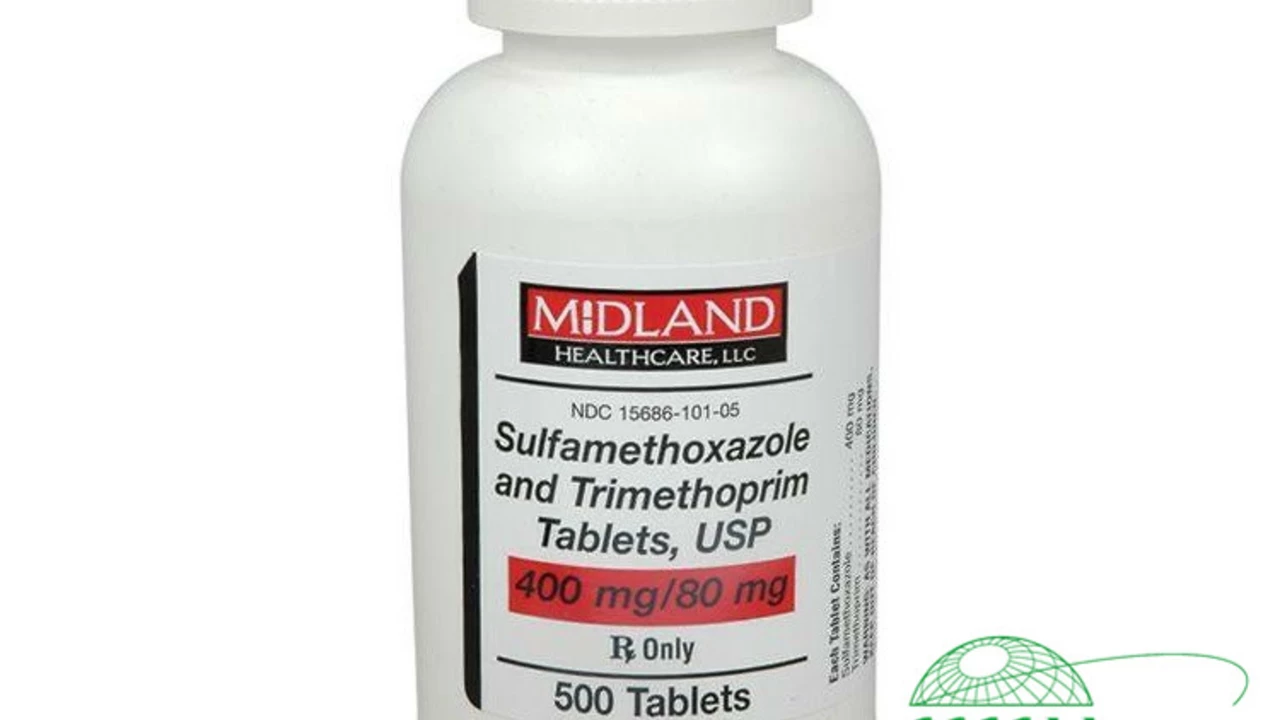July 2023 Archives — Practical drug guides, skin care and treatment updates
This month we published clear, useful pieces on treatments and drug safety that matter to patients and caregivers. You’ll find quick reads on gut medicines, antifungal resistance, skin care for autoimmune rash, a practical note on gelatin as a supplement, liver safety with hydroxychloroquine, off-label antibiotic uses, and how stem cell transplants actually work. Below I summarize what each post tells you and what to do next.
Key drug and treatment guides
Rifaximin: our post explains how rifaximin helps some people with Functional Abdominal Pain Syndrome by rebalancing gut bacteria and cutting symptoms. It’s not a fix-all, but for people with bacterial overgrowth or related symptoms, doctors often consider it. If you’re interested, ask your clinician about stool testing and how long to take the drug.
Griseofulvin resistance: we dug into why resistance happens—usually genetic mutations or stopping treatment early or using too-low doses. The practical takeaway: finish the full course, follow dosing instructions, and if a fungus doesn’t clear, options like terbinafine or itraconazole are common next steps. Your provider can run cultures to pick the right drug.
Sulfamethoxazole off-label uses: this antibiotic shows up beyond standard infections. We cover its use for acne management and certain pneumonia types. Off-label doesn’t mean safe for everyone—talk risks, drug interactions, and monitoring with your prescriber before trying off-label therapy.
Skin, supplements and safety notes
Dermatitis herpetiformis skin care: gluten-free topical products, creams with hyaluronic acid and ceramides, and gentle moisturizers can ease itch and protect the skin barrier. Still, skin care complements medical treatment; see a dermatologist before changing routines.
Gelatin as a supplement: gelatin (a form of collagen) can help skin hydration, joint comfort, and digestion for some people. We explain simple ways to add it to your diet and what to expect—moderate benefits, not miracles. Look for quality sources and discuss supplements with your clinician if you’re on medications or have allergies.
Hydroxychloroquine and the liver: while generally safe, hydroxychloroquine can affect liver function in some people, especially those with pre-existing liver conditions. Our post recommends baseline liver tests and periodic monitoring while on the drug. If you spot unusual fatigue, jaundice, or persistent stomach pain, call your provider promptly.
Stem cell transplants in cancer: we cover why transplants are used (to replace damaged bone marrow), the difference between autologous and donor transplants, and the main risks like infection and graft-versus-host disease. This post aims to set realistic expectations and suggest questions to ask your transplant team.
If one of these topics matters to you, read the full post and bring notes to your next medical visit. Want me to pull together quick checklists or printable questions for any of these posts? Say which topic and I’ll make one.

The Role of Rifaximin in the Treatment of Functional Abdominal Pain Syndrome
Haig Sandavol Jul 31 17Hey there folks! So, let's talk about this mighty warrior, Rifaximin, and its role in battling that pesky villain, Functional Abdominal Pain Syndrome (FAPS). In the medical world, this superstar drug is getting loads of attention for its role in treating FAPS - a condition that can bring more drama than a bad reality TV show. Rifaximin, like a courteous knight, steps in to balance the bacteria in our gut, reducing the symptoms of FAPS and making our bellies much happier places to be. So next time your gut starts acting like a diva, remember our friend Rifaximin, who's always ready to come to the rescue. Isn't science just awesome?
More Detail
Griseofulvin Resistance: Causes, Prevention, and Treatment Options
Haig Sandavol Jul 26 18In my latest research, I've delved into the issue of Griseofulvin resistance, a growing concern in the medical field. It arises mainly due to genetic mutations or prolonged exposure to suboptimal doses of the medication. To prevent this, it's crucial to use the drug responsibly, ensuring the full course is taken even if symptoms improve. Currently, alternative treatments like Terbinafine and Itraconazole are being used when resistance occurs. However, medical scientists are tirelessly working on new solutions to combat this issue.
More Detail
Top Skincare Products for Managing Dermatitis Herpetiformis
Haig Sandavol Jul 21 20In my recent blog post, I discussed the best skincare products to manage Dermatitis Herpetiformis, a chronic skin condition. I found that gluten-free creams and lotions can help soothe itchiness and inflammation. Products with hyaluronic acid and ceramides were particularly effective in maintaining skin moisture and barrier. I also recommended consulting a dermatologist before starting any new skincare routine. Lastly, it's important to remember that skincare is just one part of managing Dermatitis Herpetiformis, a balanced diet and proper medical treatment are just as crucial.
More Detail
Gelatin: The Miracle Dietary Supplement You Need to Boost Your Wellness Journey
Haig Sandavol Jul 16 16In my latest blog post, I dive into the amazing benefits of gelatin, a miracle dietary supplement that could significantly enhance your wellness journey. I explore how gelatin, derived from collagen, can improve skin health, joint function, and even aid digestion. I also discuss how it can be easily incorporated into your diet with its various forms and tastes. Furthermore, I shed light on the recent scientific research supporting these benefits. Don't miss out on this superfood that could be the game-changer in your health and wellness regimen!
More Detail
Hydroxychloroquine and the Liver: Understanding Potential Risks
Haig Sandavol Jul 12 7In my deep-dive into the topic, I've discovered that hydroxychloroquine, a drug often used to treat conditions like lupus and rheumatoid arthritis, could potentially pose risks to liver health. While it is generally considered safe, some patients might experience liver damage as a side effect. This risk is particularly heightened for those with pre-existing liver conditions. Therefore, it's crucial for these individuals to discuss potential risks with their healthcare provider before starting the treatment. Regular liver function tests can also help in identifying any issues early.
More Detail
A guide to the off-label uses of sulfamethoxazole
Haig Sandavol Jul 6 18In my latest blog post, I dive into the off-label uses of sulfamethoxazole, an antibiotic usually prescribed to treat certain bacterial infections. While commonly used for conditions like urinary tract infections and bronchitis, there are quite a few lesser-known uses of this drug that can be beneficial. I've explored how it can be effective in managing acne and even certain types of pneumonia. It's fascinating to discover the versatility of sulfamethoxazole, but as I always emphasize, any off-label use should only be considered under the supervision of a healthcare professional. So, join me as I explore the surprising uses of this not-so-ordinary antibiotic.
More Detail
The Role of Stem Cell Transplants in Cancer Treatment
Haig Sandavol Jul 1 13Stem cell transplants have emerged as a promising tool in cancer treatment. These transplants help replace bone marrow that's been damaged or destroyed by cancer. They can either come from the patient's own body or from a donor, aiming to give the body a new, healthy start. This procedure can be a game-changer, especially for patients with blood-related cancers like leukemia. It's not without risks though, so it's important to thoroughly discuss these options with your healthcare provider.
More Detail